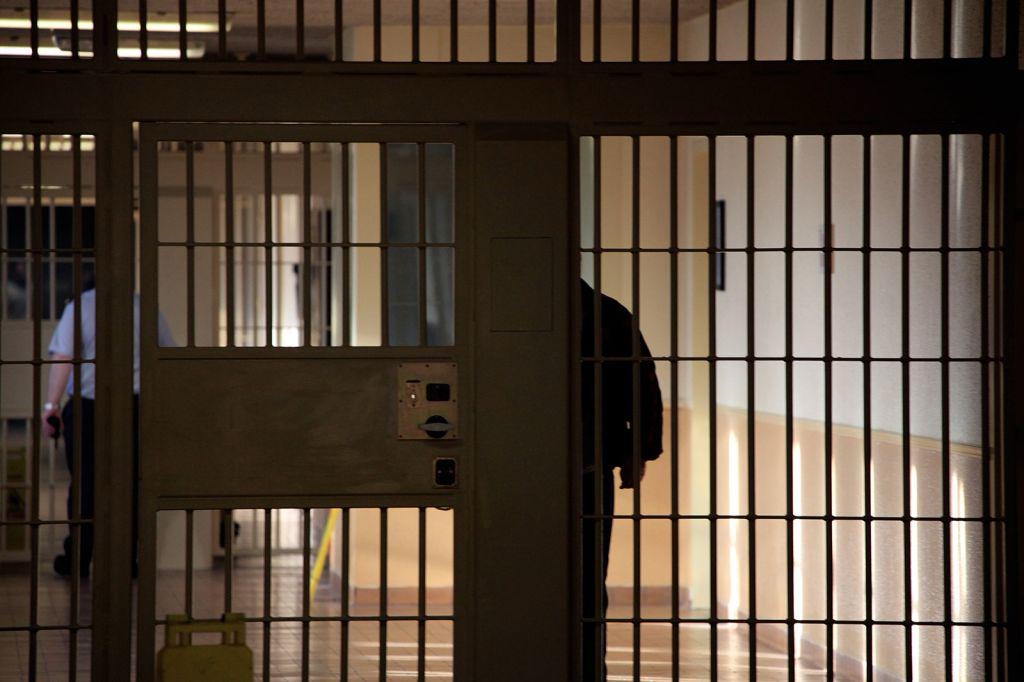
Kemi, a female inmate arrested in 2020, shared her harrowing experience at the Ondo Female Prison, where she discovered she was pregnant only after her transfer on November 24, 2020. She lived with 16 others in a cramped room with no bed frames, just foam mattresses on the floor, each inmate provided with a single uniform and a blanket.
The prison lacked basic healthcare facilities, with no doctors, dispensary, or special provisions for pregnant women. Kemi, the only pregnant inmate, received no medical attention during her time there and was fed a meager diet of beans, garri, and tasteless soybean soup, with rice served only on Sundays.
This experience is not unique to Kemi. Female inmates across Nigeria face similar challenges, exacerbated by overcrowding, poor nutrition, and inadequate healthcare. According to the World Prison Brief’s January 2022 report, of the 70,797 inmates in Nigerian prisons, only 1,296 are female. While women represent just 1.8% of the prison population, their numbers have been rising faster than those of men. Between 2013 and 2016, the increase in the number of women going to prison outpaced that of men, with the trend continuing into 2020, despite a slight drop that year.
The two all-female correctional facilities in Nigeria—Kirikiri Female Prison in Lagos and Numan Old Prison in Adamawa—are severely overcrowded. Built to house 611 inmates, they held 1,238 women as of 2020, more than double their intended capacity. Overcrowding, inadequate healthcare, and insufficient sanitary products are persistent issues in these prisons, contributing to the harsh conditions faced by female inmates. Many are awaiting trial, further straining the limited resources available.
The Nigerian Correctional Service Act, signed into law by President Muhammadu Buhari in 2019, mandates that all inmates receive medical, counseling, spiritual, and psychological services. However, implementation has been lacking, particularly for female inmates who have specific health and nutritional needs, especially those who are pregnant or nursing. A workshop on ‘Gender Responsive Shadow Budgeting’ organized by the Centre for Gender Economics in Africa highlighted the need for gender-sensitive policies within the Nigerian Correctional Service. Most existing policies are gender-neutral, failing to address the unique challenges faced by female inmates.
Dr. Aminat Olohunlana, a Development Economist from the University of Lagos, emphasized the need for targeted policies to support female inmates, particularly in addressing issues like stress, trauma, menstrual hygiene, and nutritional needs. NGOs and civil society groups were urged to advocate for gender-based data and policy recommendations to ensure that female inmates receive the necessary support, including access to recreational activities and adequate healthcare.
Uchenna Idoko, Executive Director of the Centre for Gender Economics in Africa, discussed the importance of gender-responsive budgeting (GRB), a strategy that promotes gender equity by ensuring that budget allocations consider the needs of both women and men. GRB aims to make fiscal planning more accountable and transparent, increasing gender-responsive participation in the budget process.
Recommendations from the CGE include increasing daily feeding allowances, inclusive budgeting for female healthcare, providing sanitary products, and improving access to recreational facilities. There is also a call for more female custodial centers with creches and aftercare services for nursing mothers, as well as training and reintegration programs for female inmates.
Officials, including Deputy Controller Hadiza Inna Aminu of the Nigerian Correctional Service, acknowledge the need for improvements in the welfare of female inmates. There is also a push for the government to increase the budget for correctional centers and ensure proper allocation of funds, with a focus on addressing the specific needs of female inmates to improve their conditions and support their rehabilitation.


